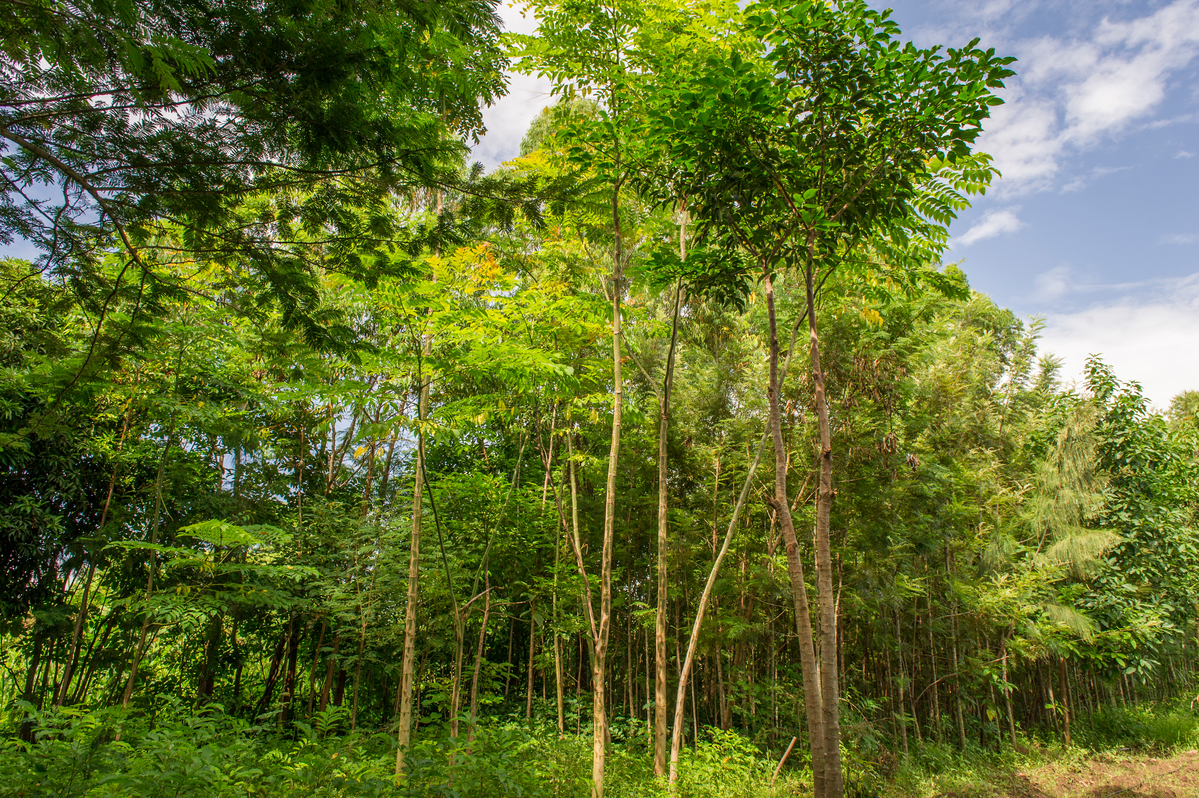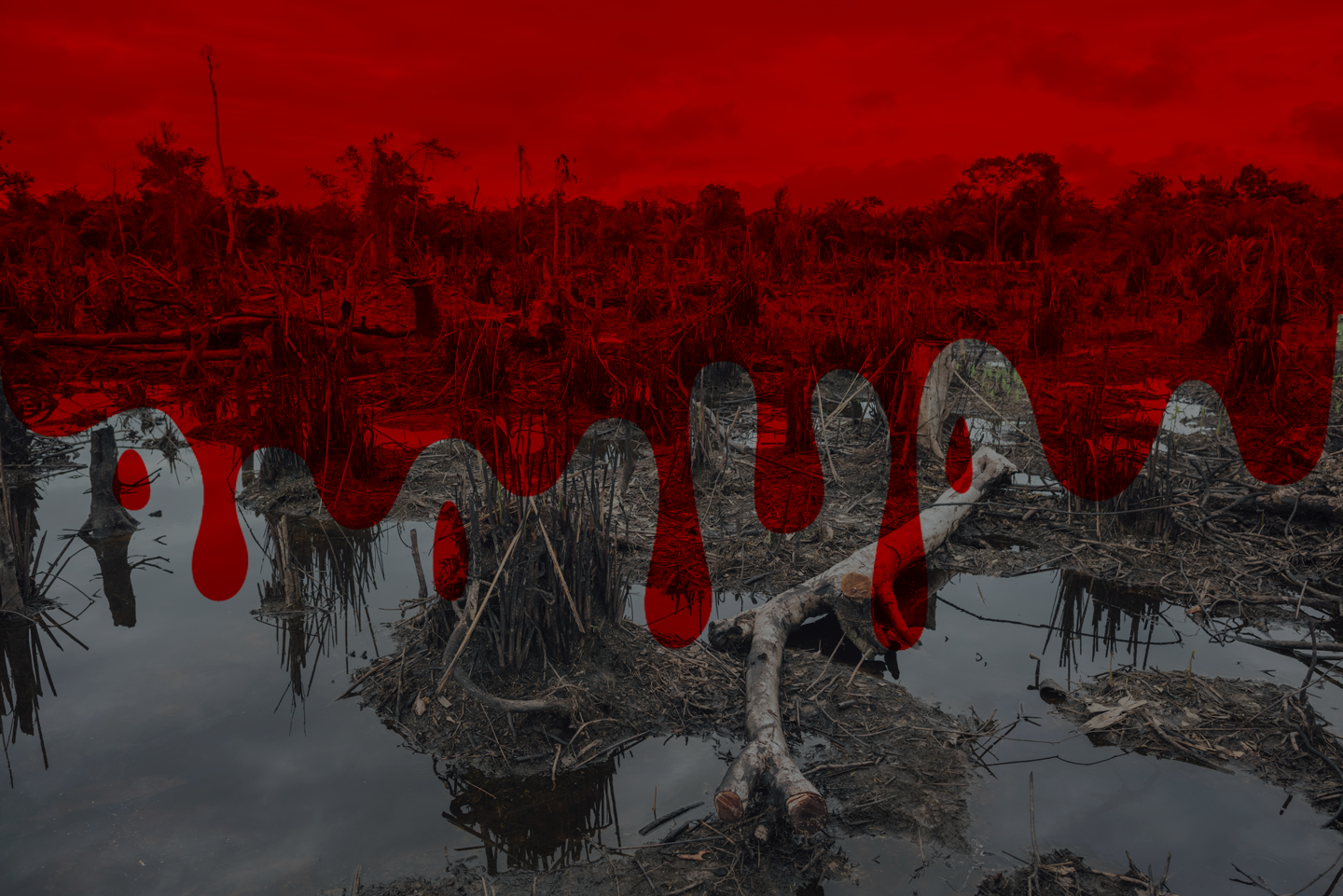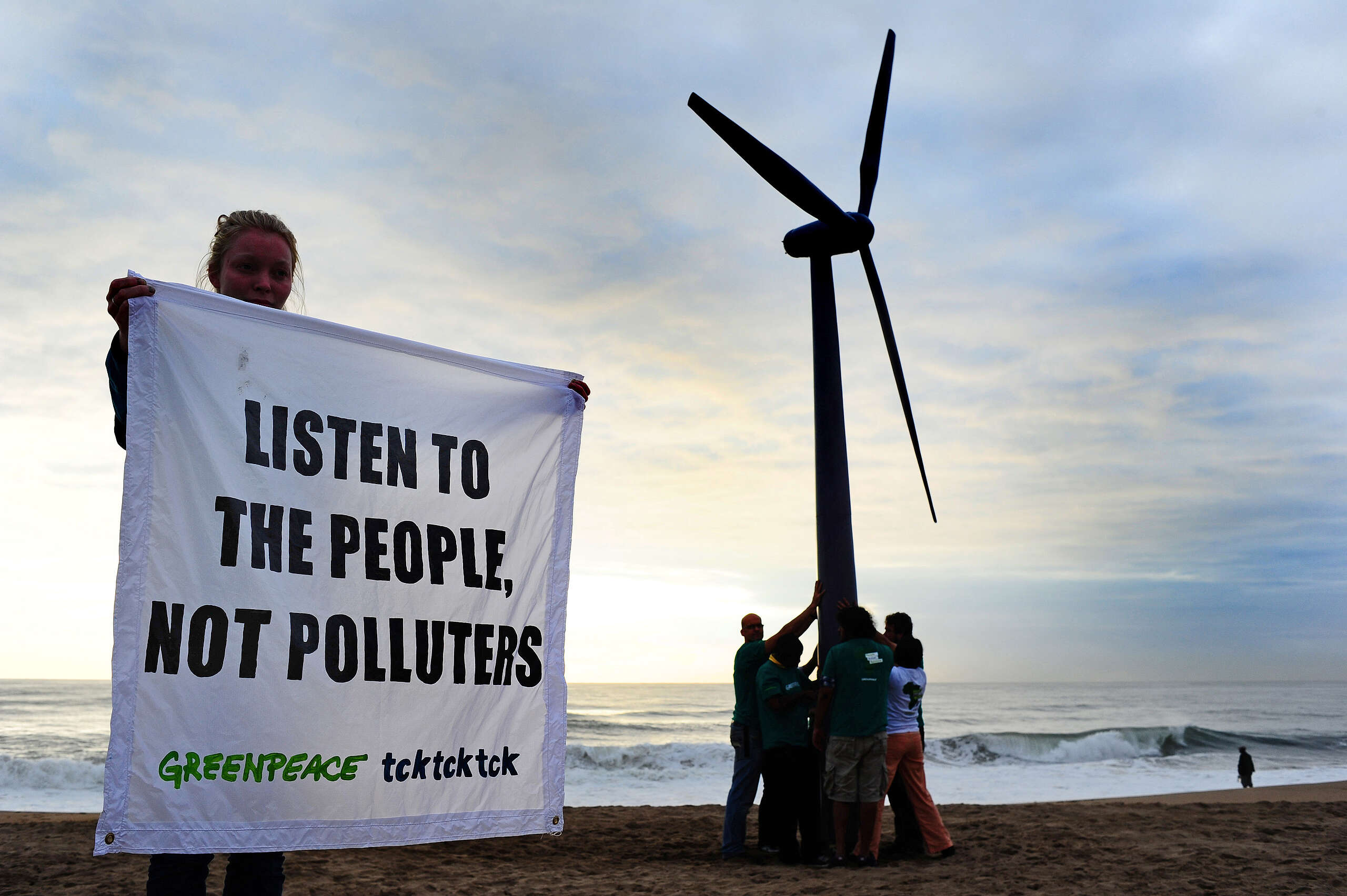International development agencies and our own government need to rethink their development approaches. Too often, instead of development, they end up degrading the environment and worsening social problems. Decisions on land acquisition for “development”, without consulting the indigenous and local communities that will be affected, are leaving them with no access to land, food, clean water and security. The progressive dispossession of indigenous peoples’ lands, underscores the precarious nature of the land rights of indigenous and local communities.
Huge swaths of our sacred forests were transferred in a matter of a few years to the hands of the international agroindustry. If we don’t change course, our dense forests are likely to be gone forever and drive the planet to an environmental crash, all in the name of “development”. We need to ask ourselves who is benefitting from this “development” and who pays the price? Who is making the decisions on behalf of whom? Are those affected being consulted at all? Does this country belong to its people or to foreign companies?
Indigenous and local communities do not benefit from “development” projects. Instead, they suffer from an ongoing problem of land-grabbing. In particular, Bantu, Baka and Bagyeli peoples have been displaced. They’ve been ripped out from their own homes. On a recent workshop, we stood together in Djoum, where traditional leaders denounced the situation.
In the region of South Cameroon, indigenous and local communities – especially those in the Department of Dja and Lobo, where I carried out investigations in the past years – are overlooked completely by the government, as they see their lands being polluted and plundered by private business companies like the rubber company SudCam (Cameroonian subsidiary of one of the largest rubber companies in the world, Halcyon Agri).
The celebration of the International Day of Indigenous Peoples last August was bitter-sweet. It was an opportunity for indigenous people to uphold their rich culture, but also to once again claim their lands back. For me, it was an opportunity to stand with fellow Cameroonians. It was an opportunity to call together for ending land grabs by SudCam and other multinational companies, as well as to compensate communities who were already displaced.
The inevitable negative impact of agribusiness on the lives of indigenous peoples and local communities requires serious engagement of the government.
The United Nations Guiding Principles on Business and Human Rights and the United Nations Declaration on the Rights of Indigenous Peoples are reference tools for authorities and businesses. Furthermore, a new agreement signed between the United Nations Environmental Programme (UNEP) and the Office of the United Nations High Commissioner for Human Rights (OHCHR) reflects what we as civil society activists have known for a while: social justice and environmental justice go hand in hand. Our own government should consider these developments to develop better ways to ensure the safety of indigenous and local communities and their access to water, food and employment.
In 2011, the Cameroonian government initiated a reform of our land tenure law, which until now has not been submitted to be voted on in parliament. This process should include the participation of indigenous and local people themselves and it must end with a recognition of their customary principles of land acquisition and access to natural resources.
Facing alarming land grabs and growing disastrous effects it is having on the lives of people and on our environment, the government of Cameroon needs to put people and the planet first. Indigenous people – not international corporations – deserve their land rights finally recognized.




Discussion
So many of my friends are suffering with cancer, a disease hardly known when I was a child. But of course then the governments weren't giving industry the licence to poison our food.
👍